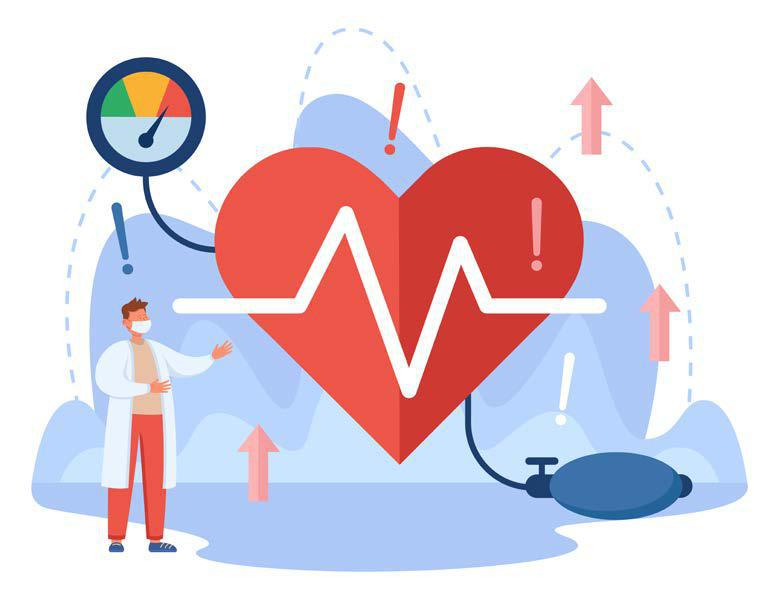Hypertension in adolescent and young adults

Hypertension or high blood pressure (BP) is typically a disease of adults above the age of 40 years. But a good percentage of individuals in their adolescence, 20’s or 30’s are being diagnosed with hypertension. High BP at this age is usually a consequence of another systemic disease or disorder. Many of such individuals turn out to have a kidney disease.
Very often, the finding of high BP at an early age is neglected as it is often thought to be related to anxiety, work related stress, tea/ coffee, smoking, etc. Sometimes, the person is told to follow up for confirmation but the advice is neglected. This negligence leads to poorly controlled BP and we know that hypertension is a “silent killer.” So, these individuals tend to be asymptomatic while the internal process of high BP and damage to the major organ continues. As a result, these patients present with severe complications of hypertension such as hemorrhage in the brain, heart attack or renal failure.
As mentioned earlier, often the hypertension at an early age is a manifestation another disease or disorder and kidney disease is a very important cause. Many such individuals have sub-normally functioning kidneys or have protein in the urine. The raised BP in turn starts damaging the already diseased kidneys; the kidneys further elevate the BP and this vicious cycle continues. To break this, an early diagnosis and treatment of hypertension is of paramount importance.
Whenever an individual in his/ her early ages is detected to have high BP, the diagnosis of hypertension is to be confirmed by repeat readings or by ambulatory blood pressure monitoring. Once confirmed, every attempt must be made to find the cause of hypertension. A good clinical examination should be followed by lab tests such as kidney function tests, serum electrolytes, urine check for proteins and blood, ultrasound of the abdomen, thyroid function tests and other hormonal tests as required. Also, a set of tests should be done to find the extent of damage done by hypertension including fundus examination, an electrocardiogram and a 2D echo.
The treatment of hypertension at early age involves both the treatment for the cause and the BP lowering medicines. The person needs to take BP lowering medications on a regular basis and should not take them only if BP is high. Also, once the BP is controlled, medicines should not be stopped immediately. Instead, regular BP monitoring is essential and the medicine doses need to be adjusted as required. In addition, dietary control of salt and fat is essential. Weight should be kept in normal range for the height. Yoga, exercises, cessation of smoking, and other lifestyle modification are helpful but do not replace the medical treatment.
In summary, hypertension is not uncommon at an early age and it needs a proper line of investigations to ascertain the cause. Treatment of high BP is essential to avoid long term devastating complications



